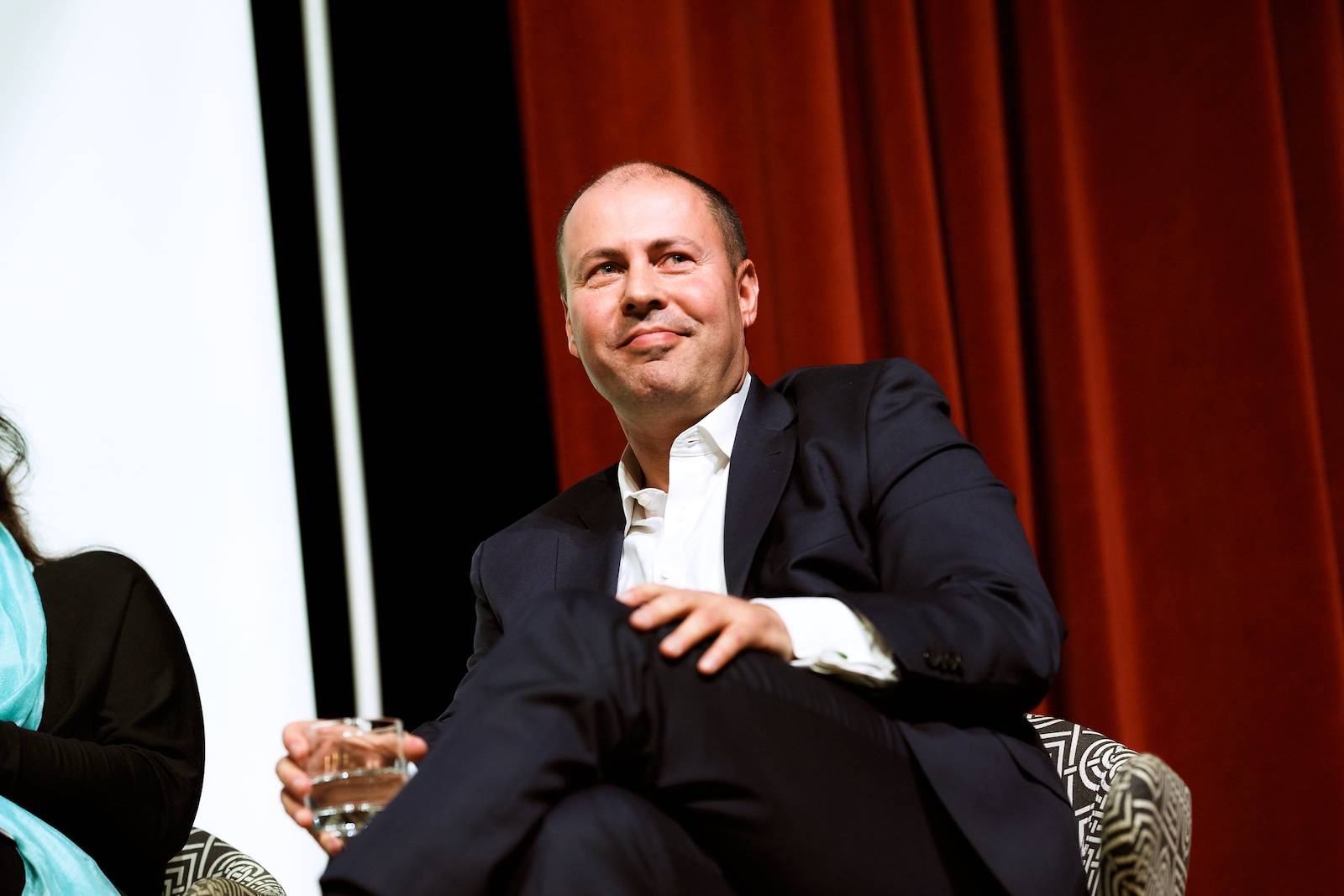
Panic in Kooyong: The Threat to the Australian Liberal Party
He has been seen, not always accurately, as the more moderate in an otherwise conservative Liberal Party, which has governed Australia since 2013 in an at times troubled alliance with the Nationals. He has served as party deputy to Prime Minister Scott Morrison, and proudly promotes his role as the country’s treasurer during the pandemic.
But Josh Frydenberg is nervous. There is also reason to suggest that he might even be panicking. The electorate he represents – that of Kooyong – is not quite so warm towards the sitting member as it has been in the past. The sitting MP has resorted to his home party base for comfort. “Incredible sea of Liberal blue at our Kooyong Campaign Launch, with more than 1,000 people present,” he tweeted on May 1. “So much energy in the room.”
The sitting member was certainly correct about the energy, in so far as it went to the head of one of his supporters in attendance. After voicing public approval for Frydenberg (“Liberals will win because of Josh”), volunteer Phil Elwood proceeded to become an impromptu “birdman,” imitating the sound of a Kookaburra and Sulphur-crested Cockatoo with gusto. Many political candidates have feared the distractions of the eccentric, dedicated supporter.
The seat has also been given licks and lashings of Liberal blue, with posters, placards, and paraphernalia saturating the suburb. But all this extravagant expense of reminder in a seat traditionally held by the Liberals, there is a nagging feeling that a rude shock awaits on May 21.
That rude shock comes in the form of independent candidate Monique Ryan. “A vote for Dr. Monique Ryan,” runs the standard line, “is a vote for climate action, integrity, and a strong economy.” From her perspective, and those of similar candidates in other safe Liberal Party seats – Goldstein, Wentworth, North Sydney – the first two priorities, which have tended to find their way at the bottom end of the government’s list, stand out.
The Morrison government has made a name for itself in the field of corruption and a lack of accountability verging on the grotesque. Its members have shown little contrition on being exposed. In December 2020, when it was revealed that Morrison and Frydenberg had run up a bill of almost $5,000 for using Morrison’s jet to attend Lachlan Murdoch’s 2018 Christmas party, it barely stirred a murmur.
Writing with some disgust about the episode, Nick Feik asked the relevant question: “How did we get to the point where the misuse of public money by our two most senior politicians provoked neither contrition nor embarrassment, and it scarcely even registered as a scandal?”
This is certainly not the case for the “teal independents,” who are insisting that the Liberal Party account for its sins and call out scandals and sleaze. They also support the establishment of an integrity commission with fangs, something which, according to a poll conducted by The Australia Institute, is endorsed by three in four Australians.
The momentum of such candidates has caused an outbreak of sweat among the sitting members. Frydenberg, for one, has resorted to attacking Ryan in a coarse, personal way. A central strategy, one fabulously juvenile and ill-informed, is to assume that an independent candidate can never, by definition, be independent. She would, for instance, have been incapable of flirting with various sides of politics in the past, to have voted for different and differing parties at different elections. She could not have been a swinging voter, but instead an unwavering member of a tribe from the outset.
This ossified veneration of the unchanging political mind came to the fore in remarks made by Frydenberg about Ryan’s own alleged lack of independence, telling his supporters that he was not “up against a true independent. I’m up against a political party.” Dark forces, he insinuates, lurk, and he risks being a victim of puppetry – the workings of the Climate 200 group created by clean energy advocate Simon Holmes à Court, or the “Voice of” movement.
He has even gone so far as to throw in anecdotes of desperation, including a chance meeting with the independent candidate’s mother-in-law, whom he had apparently bumped into at a “local café.” On receiving the good news that she would be voting for him, he recalled the answer: “Because you know what you’re doing and you’re a nice person.”
This march of the independents has terrified other former politicians such as John Howard, Liberal Prime Minister of Australia between 1996 and 2007. He has made it his personal mission to convince voters that the independent candidates are “anti-Liberal groupies” who do not represent the “middle ground.”
Showing a total lack of understanding as to how reactionary his own party became, largely due to his own demagogic handiwork, Howard could only wonder why the independent movement had not expressed an interest in running candidates against the Labor Party. “The only consequence of a victory for one of these will be to reduce the prospects of the Liberal Party forming the next government. It’s simple as that.” That, you would think, is the point of the matter.
